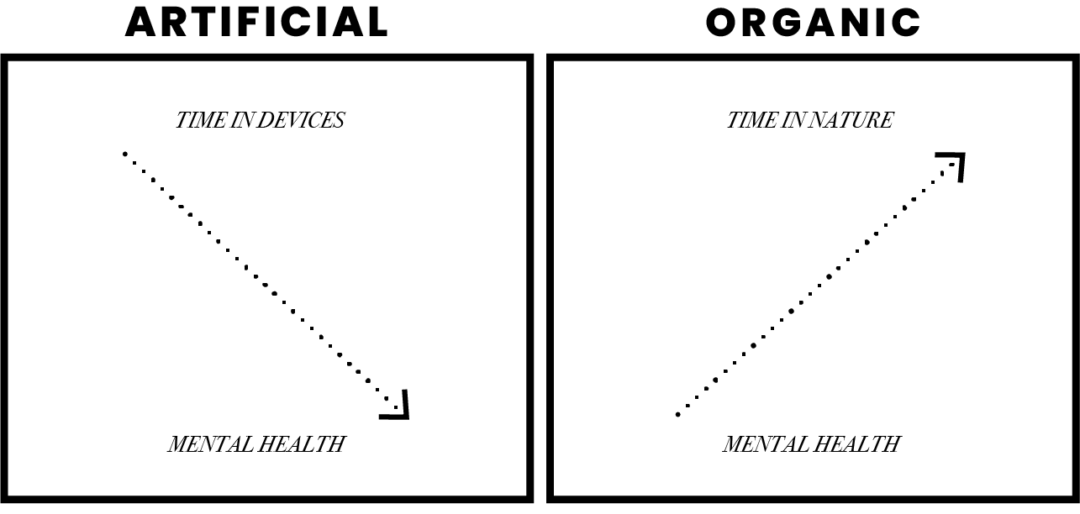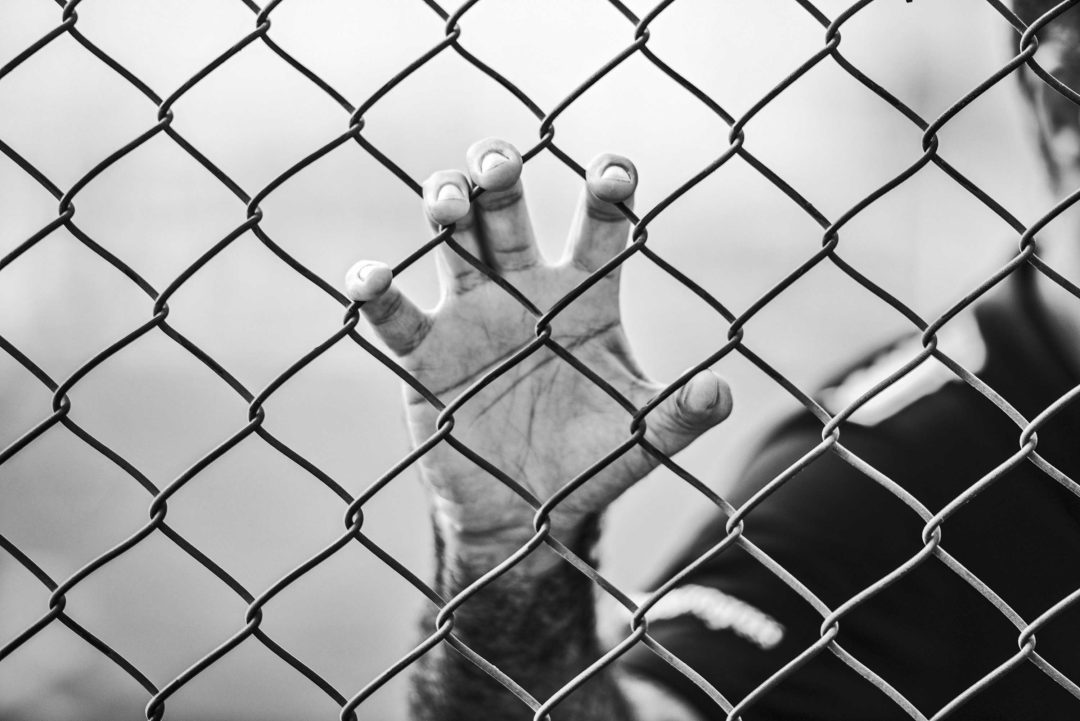I found myself alone in my room, asking the question, “Is there something wrong with me?” It was a Saturday night and I was 17 years old. I had been invited by friends to hang out and “drag Main”—a small town term which simply means to drive on Main street until you see a pack of teenagers hanging out in some parking lot or park. This was a perfect way for a teenager to spend a Saturday night. I was fairly popular, with a lot of friends through sports and activities. I was a leader in different clubs. I was passionate about my faith, which meant that I loved people. It would have made sense to say, “Sure, I’m in.”
But I lied. I told them I wasn’t allowed to go out. Instead, I spent the evening alone in my room. I read a book and played a stupid computer game.
And I loved it.
Introvert Weirdos
I wondered if I had some sort of social disorder. Or maybe I was just a plain weirdo—a few years away from being home alone, watching Law and Order reruns with a plate of nachos and my 15 cats. What was wrong with me? Little did I know then, that I was one of many people in the world that are classified as “introverts.”
For years, introversion was viewed negatively. The introverts were the weirdos—the socially inept. As Emma Watson (Hermione Granger) put it,“If you’re anything other than an extrovert you’re made to think there’s something wrong with you.”
But I wanted to be a leader. Here are the things I knew about leaders:
- A leader is Type A person.
- A leader is a “people person”
- A leader is enthusiastic and always on.
- A leader loves to work the room.
So, I tried to be an extrovert. I went out to parties. I tried to constantly meet people and be a social butterfly. At one point in high school I held the entrance doors open, in order to say hi to every person that walked in the building. I really tried. But it was draining.
Finally, I had a major breakthrough. Something finally broke me. The pain of this single activity convinced me that I would never be an extrovert. I hate even thinking about it. Or saying the word. This activity was…
MINGLING
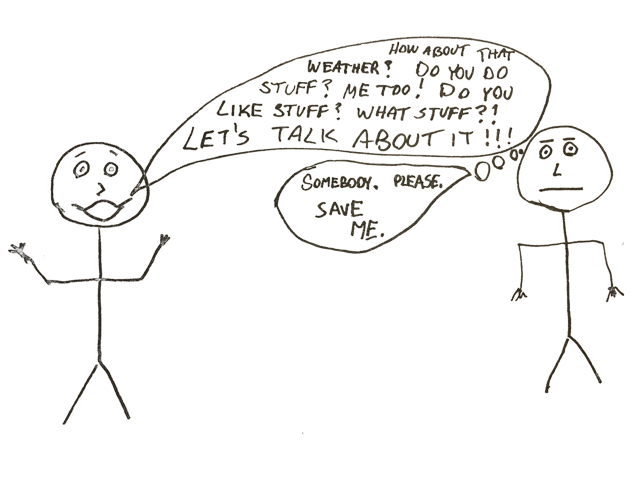
There is a special layer of hell prepared for mingling. Introverts have nightmares of being sent there.
My hatred for mingling helped me see the truth—I was an introvert. I could not hide from the truth.
Thankfully, introversion is slowly losing it’s stigma. People are coming out of the closet of introversion and are seeing the necessity for us and what we bring to society.
Stimulation and Energy
The more I have studied and looked back at my life, it is obvious. It isn’t that I hate people or don’t enjoy talking. I simply have a different capacity for handling interaction. In her book “Quiet,” Susan Cain writes that a major difference between introverts and extroverts is a sensitivity to stimulation. Introverts tend to get overstimulated easier, while extroverts crave more stimulating environments. This explains why mingling is so excruciating for some of us. Typically in a mingling situation there is a lot going on. You are surrounded by people, the conversation is often between more than two people, the conversation sputters as people enter or leave, often there is music or entertainment in the background.
As an introvert, I love conversation but I want to be listened to. Over a cup of coffee. In a quiet place, with little distraction.
Along with stimulation, there is a matter of where one draws their energy from. If you crave stimulation and it gives you a buzz, then naturally you will feel energized in more social situations. You can draw energy from others.
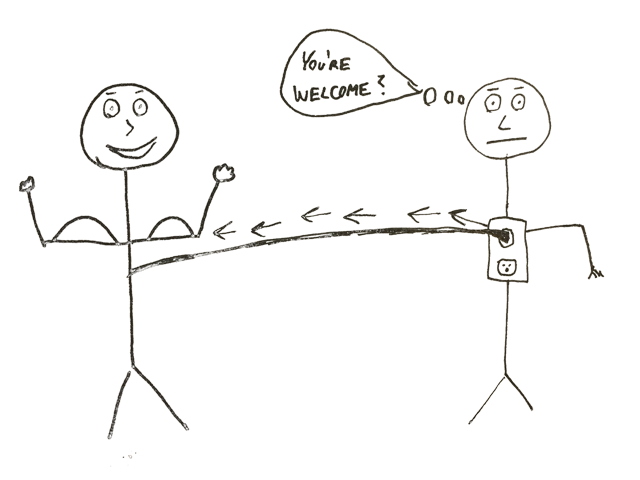
Some of my extroverted friends, even after a long day of meetings or intense social interactions, will want to recover by hanging out with more people. This is the definition of insanity to an introvert.
However, if you are easily worn down by conversation or social activity, you need to recharge in a less stimulating environment. You need space and quiet—activities that are supported by stillness.
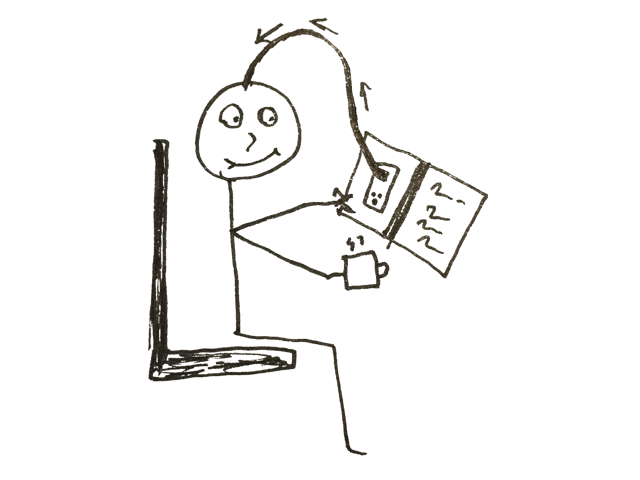
Awareness
So, how have I embraced my introversion? First, I had to destroy some myths that popular culture had taught me:
- Introverts hate public speaking or being in front of people. [I actually LOVE being in front of people and can be quite a “ham” on stage.]-
- Introverts hate conversation. [I enjoy conversation but have learned to seek out a quiet place, with more intentional topics.]-
- Introverts are not leaders. [Not true, they just lead in a different way. Introspective, resolute, and humble. Think Abe Lincoln.]-
- Introverts are deep and intellectual, extroverts are shallow. [Some of my best friends are brilliant extroverts, who love depth and intentionality.]
Second, I developed an awareness of what environments and situations are over-stimulating for me. I can’t (and wouldn’t want to) avoid these situations all the time but I know how to prepare for them and recover from them. I envision my energy like a phone’s battery level.

When I notice it getting low, I recharge. I take a walk, read a book, meditate, or pray.
I have boundaries with the amount of time I spend in stimulating environments, knowing that I will be more present and more fun when I am fully charged.
So, introverts—join the revolution. Embrace being one of those introverted weirdos. (but skip the nachos and the cats.)

